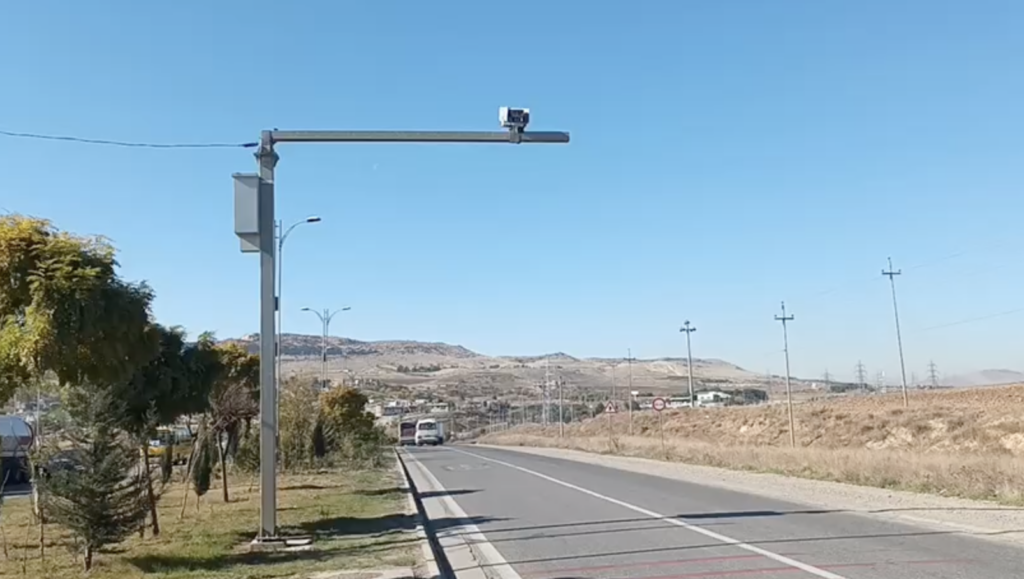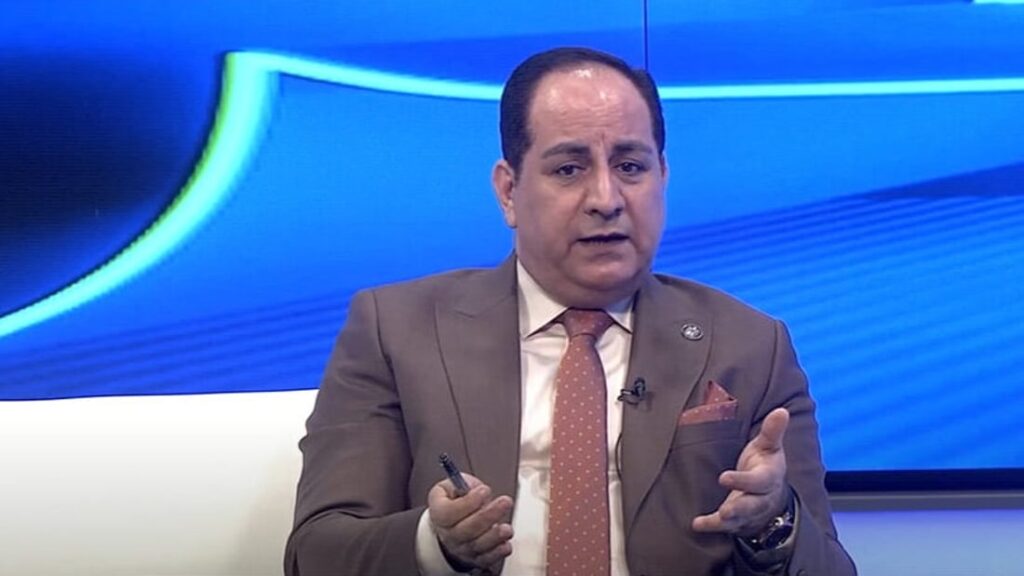World: Over one third of adolescents aged 15 to 17 are out of school across the Middle East and North Africa

Poor quality of education places half of all children in the region under lowest benchmark for foundational skills
AMMAN, 29 August 2019 – Millions of children and young people around the Middle East and North Africa are starting their new school year. But an estimated 9.3 million children between the ages of 15 and 17 – more than one third of adolescents in this age group - are out of school. Girls account for just over half of all out-of-school 15 to 17-year-olds.
The cost of conflict is enormous: an estimated 3 million out-of-school children would have been enrolled in education had the conflicts in Syria, Iraq and Yemen not occurred. At least 2,160 education facilities have been attacked in the region since 2014.
Inequities in access to education persist across the Middle East and North Africa, with the poorest and conflict-affected children consistently left behind.
Across the region, children from the poorest families are seven times more likely to be out of school than children from the richest families, while children in rural areas are three times more likely to be out of school than their urban peers. At the lower secondary school level, girls are twice as likely to be out of school than boys.
As children move into adolescence, they are far more likely to drop out of school than at an earlier age. To help their families make ends meet, many are engaged in child labour or are forced into marriage. Young people also cite distance to schools and low education quality as the main reasons for dropping out.
Overall, education quality around the region remains poor. Only half of all students meet the lowest international benchmark for foundational skills such as reading, mathematics and science.
The mismatch between the skills acquired by graduates and those required by the labour market are compounding youth unemployment in the region which is the highest in the world. Outdated curricula, teacher-centred approaches and a focus on rote learning and memorization do not equip students with essential skills for lifelong learning, employability, personal empowerment, and active citizenship. Given poor education quality and limited job prospects, young people may not see the relevance of going to school.
“Not only do the poor learning outcomes for children and adolescents across the region compromise their future, they are also an inefficient use of public funds and educational resources,” said Geert Cappelaere, UNICEF Regional Director for the Middle East and North Africa. “Current spending on education is far below the internationally agreed benchmark and not focused enough on providing equitable access to all children or improving education quality.”
This year, the world marks the 30th anniversary of the Convention on the Rights of the Child. Every child has the right to quality education. With the start of the new school year, UNICEF reminds governments, donors, education personnel and parents of their obligation to fulfill this fundamental right through the following actions:
- Increase investments in education: governments should allocate 15 to 20 percent of their total public expenditure on education, in line with international standards;
- Make sure that schools are inclusive: children should not be deprived of access, especially the most vulnerable and disadvantaged, including children from the poorest families, rural areas, girls, refugees or children with disabilities;
- Provide opportunities for learning beyond schooling: recognize the specific needs and requirements of learners especially for secondary school-age children; leverage possibilities for learning from new technologies; and provide practical learning options for young people through mentoring, internships, apprenticeships and on-the-job training;
- Ensure that learning outside the classroom is recognized, allow transitions back into formal education such as accelerated learning programmes, and provide opportunities to gain an education certificate to transition into meaningful employment;
- Focus teaching and learning on the acquisition of basic and life skills for further learning, employability, personal empowerment and active citizenship;
- Provide learning spaces that are child friendly, playful, healthy and free of violence, where children feel that their creativity, curiosity and thirst for learning are valued and stimulated.
###
Media Contacts
Tamara Kummer
Communications Specialist
UNICEF Middle East and North Africa
Tel: +962 797 588 550
Email: tkummer@unicef.org
Hasan Nabulsi
UNICEF Middle East and North Africa
Tel: +962-79 136 8405
Email:hnabulsi@unicef.org



